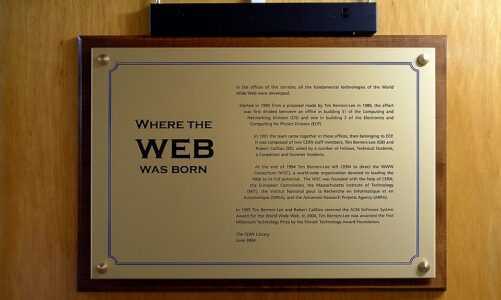I love researching and explaining how different sensor technologies work. The extent of the human imagination to make the most of a finite number of fundamental interactions is itself proof that science is a creative endeavour.
Let’s take a bird’s eye view for a moment: among all the existing options, how do users pick a particular type of sensor? What drives their choice?
In textbooks, or when presenting the breadth of detection methods, the emphasis is usually on one of the physics-related aspects. Fair enough. So for example, we will find classifications according to:
- the sensor phase: solid / gas / liquid
- the type of particle(s) to detect: neutral vs charged, light vs heavy, classical vs relativistic etc
- more rarely, the type of sensors one can build upon a specific interaction
The truth is, there is a huge overlap in what vastly different sensors can do. So, in real life, choices tend to be made for operational reasons such as:
- The field of application, for example medical imaging, medical treatment, defence, heavy ion research, dark matter search, energy… Each one will have its own standards and regulations. These will favour a type of technology rather than another.
- The equipment already at one’s disposal. As we mentioned in another post, a sensor will operate with electronic modules. These modules are adjusted to make the most of the sensor in terms of bandwidth, capacitance, noise figure etc. Often there is no point buying a new type of sensor because one would also have to purchase a new acquisition system as well.
- The physical constraints of use. For example, when planning to send a sensor in a satellite. One must then take into account possible limitations in terms of available space and power, and maybe also ensuring solar blindness.
- The inherent tolerance of the technology. In theory, a sensor is perfect, with the relevant energy / time / position resolution defined by the physics of the interaction giving rise to the signal. In practice, the detection efficiency will not be as high as the theory. There will be systematic effects, electronic noise, manufacture tolerance… Picking a sensor is also making a choice on which compromise is acceptable.
- The budget. How much money is available for a given project will always be a parameter and is part of the compromise.



